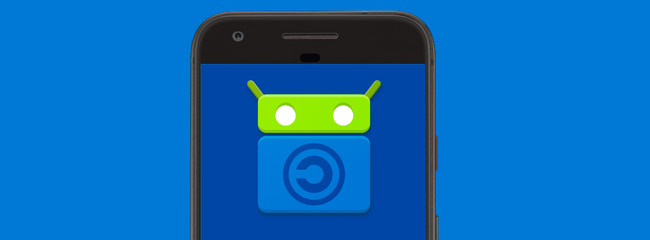September 29, 2025 — F-Droid, the long-running open-source app repository, has issued a stark warning: Google’s new developer registration rules could threaten the very survival of independent Android app stores.
For Android power users, F-Droid is a familiar name. Unlike the Google Play Store, F-Droid only hosts free and open-source apps. Every app is stripped of trackers, ads, and hidden data collection tools before publication, making it a trusted hub for privacy-focused users. The platform has been running for 15 years, though its scale is far smaller—about 3,000 apps compared to millions on Google Play.
Google’s New Developer Verification Rules
In a recent blog post, the F-Droid team explained that Google’s new developer registration requirements will force every Android app to be tied to a verified developer identity backed by government-issued ID and personal details. On top of that, all app identifiers and signing keys must be directly submitted to Google.
This effectively makes Google the central authority for Android app verification, even for apps distributed outside the Play Store.
For F-Droid, that’s a deal-breaker:
-
The platform cannot take over identity verification for open-source developers.
-
Independent contributors cannot be forced to register with Google.
As the team bluntly put it:
“As things stand, these rules will effectively end the F-Droid project and other free/open-source app distribution channels.”
Security vs. Control
Google argues that the stricter rules are meant to improve security and curb malware. But F-Droid isn’t convinced. The team points out that malware has repeatedly slipped through Google Play itself, despite the Play Protect system. By contrast, F-Droid claims its transparent, open-source model provides greater trust and accountability.
A Closed Android Ecosystem?
Critics fear this policy could make Android’s once-open ecosystem feel increasingly locked down. As F-Droid put it in their post:
“If you own a computer, you should have the right to run whatever programs you want on it.”
The F-Droid team is now calling on regulators in Europe, the U.S., and beyond to investigate the policy, warning it could represent anti-competitive behavior and harm consumer freedom.
Google, meanwhile, says developers will still be able to distribute apps via sideloading or through any alternative store. The new developer verification process will be phased in starting September 2026.
